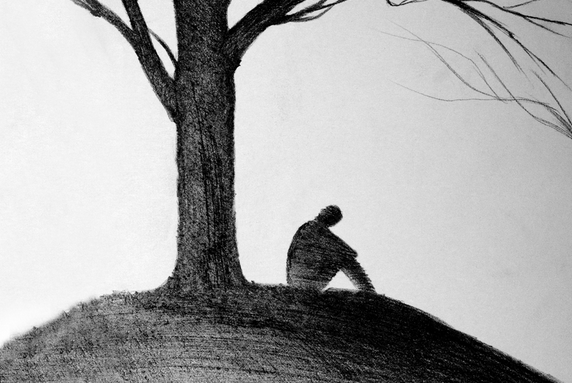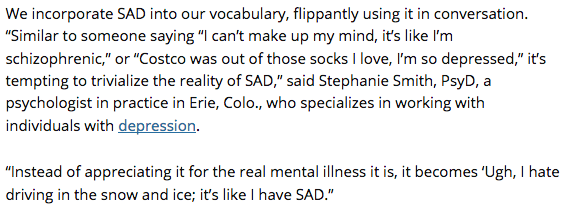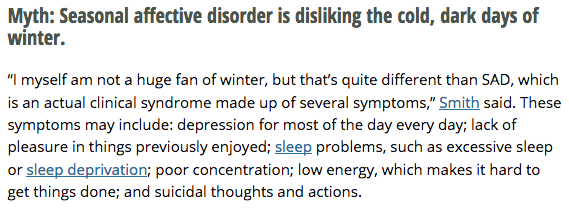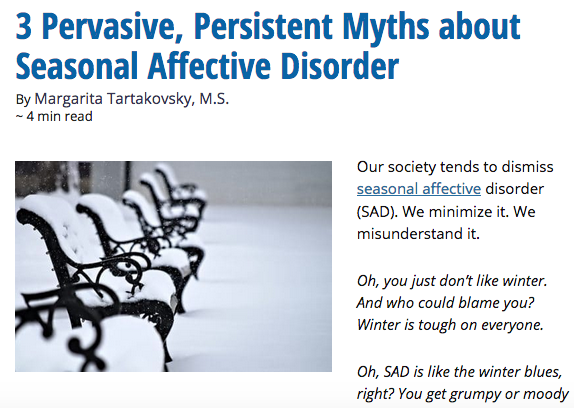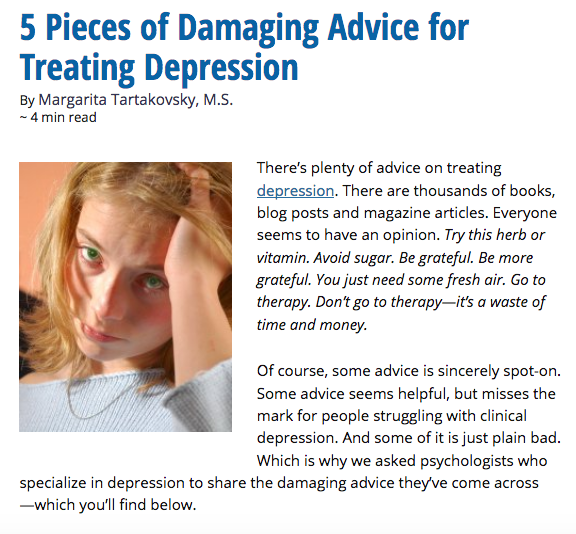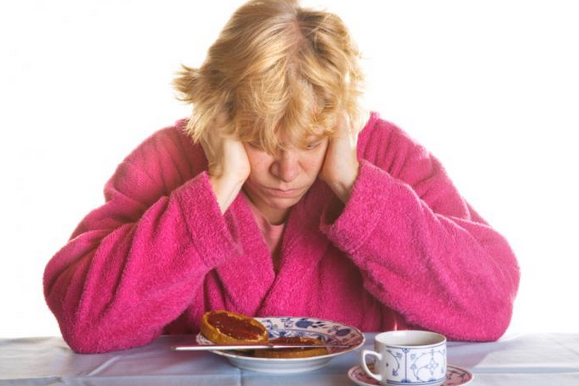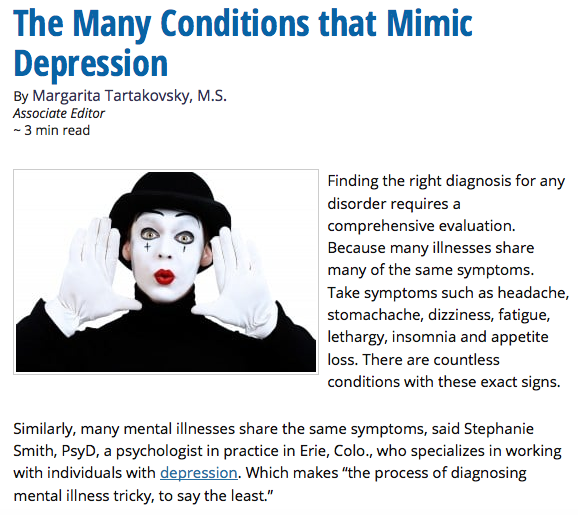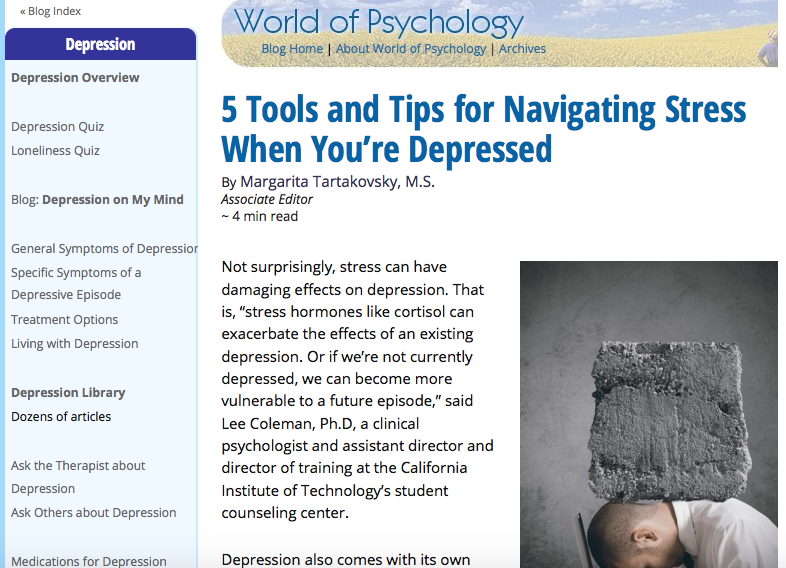Did you know that hip, important and interesting people are pretty much stressed out all the time?
No?
Well, log into Facebook, Twitter or Instagram – better yet check out the latest on Pinterest and the blogosphere and you will see in fact that cool people are highly stressed and super busy, like all the time.
Not true, you say? Unfortunately it is what many of us feel.

photo credit
At some point in the last – oh, I don’t know – 20 to 30 years it became super cool to say “I’m so stressed!” and “Life is crazy right now!” and “I don’t know if I can keep going at this pace – aggghhh!” The only problem with this idea is that it isn’t so cool when this stress leads to heart disease, psychological disorders and other health issues. Come to think of it, being super stressed doesn’t actually make you cool at all. It just makes you stressed. And probably a little bit irritable. And maybe prone to do things you probably shouldn’t like eat too many candy corns or drink too many lattes.
But yet the idea persists that the more stressed you are the more important you must be.
This holiday season I am going to take a stand against the often-super-stressful months of November and December by offering tips (I’ll shoot for a couple times a week as I am trying to keep my stress down, too!) on keeping the holidays simple, the stress low and the fun high.
Do you have tips, strategies or plans for lowering your stress this holiday season? If so, please send them to me at stephanie@drstephaniesmith.com and maybe they will get included on the blog!
And check out this article on Psych Central that I got to be a part of:

